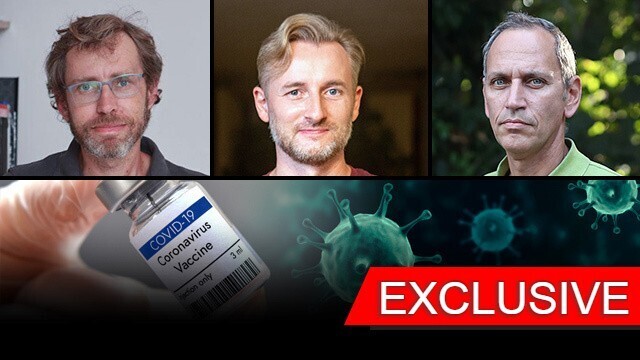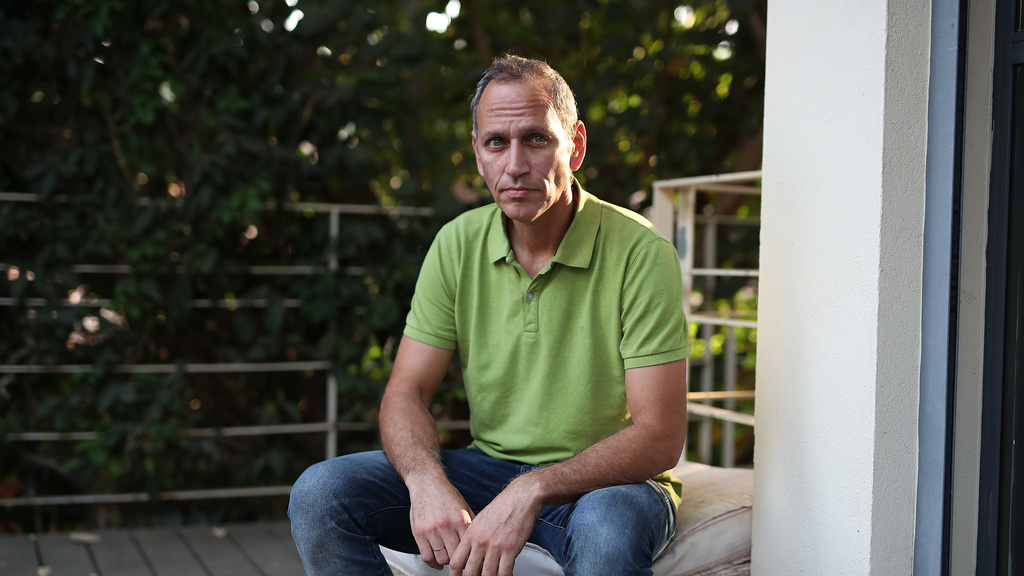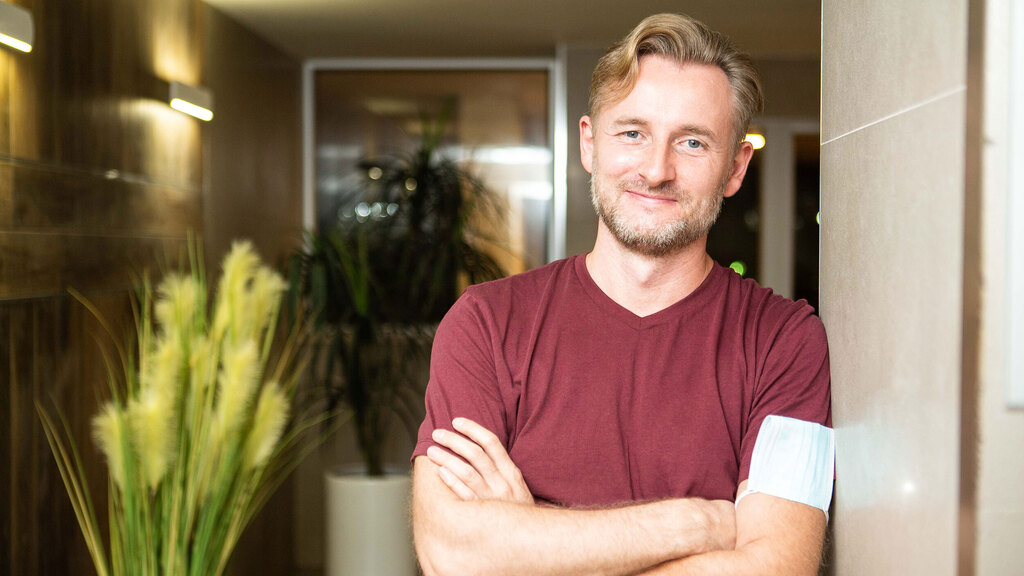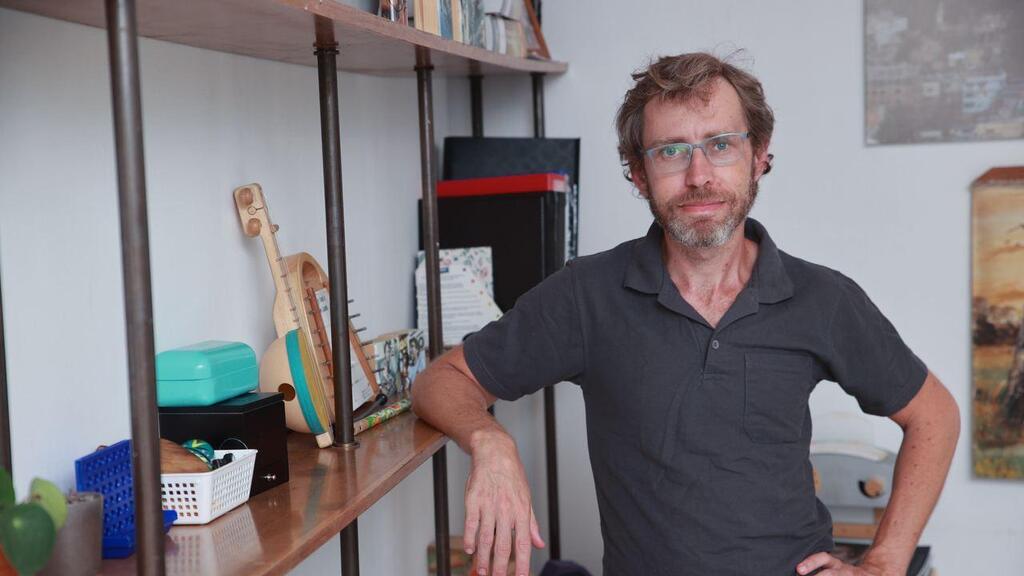Getting your Trinity Audio player ready...
As the world races to find a vaccine for the coronavirus that has upended the entire planet, Israelis are stepping up to join the fight in any way they can.
This includes volunteering to test the new vaccine being developed by the Israeli Institute for Biological Research in Ness Ziona. Meet some of the heroes who are doing their bit for humanity.
4 View gallery


Volunteers Boaz Kolodner, Fried Saprov, Dr. Zeev Yitzhakzon-Hayosh
(Photos: Courtesy)
The research center said it will begin the clinical trials phase of its COVID-19 vaccine in November and about one hundred Israelis aged 18-55 are expected to participate by the time the trials are over. The first phase will include three brave volunteers and will take place in Sheba Medical Center in Tel HaShomer and Hadassah Medical Center in Jerusalem.
As with any other clinical trials, participants will be divided into two groups: those who will receive the real vaccine and those who will receive a fake vaccine, also known as placebo.
"It seems this is the best thing I could do to help," says Boaz Kolodner of Moshav Ganei Hadar, a 47-year-old engineer and father of three, who registered to participate in the experiment.
"We all know the situation we are in and all of our hopes are pinned on this vaccine. I am a man of action and I think the little help I can give can help many of us,” says Kolodner, adding he was instructed to continue his daily routine uninterrupted after participating in the experiment. “It sounded reasonable enough, so I decided to donate my body to science,” he jokingly adds.
Another participant is 39-year-old Fried Saprov, a father of two, who immigrated to Israel two-and-a-half years ago from Russia. “I just want to participate in the trial to try and make a change and to find something against the virus," he says. "My 13-year-old daughter said she doesn't want me to go on with the experiment. I understand her but I still choose to continue participating in the trial.”
Dr. Zeev Yitzhakzon-Hayosh, a 41-year-old father of two from Jaffa and a neurologist who works at Sheba Medical Center, also signed up for the trial. “I grew up on stories of scientists trying their own vaccines and drugs on themselves, so I felt it was the right thing to do," he says.
"I do not think we need to restrict people's freedom to defeat the virus, this is not the right way. The change will only come from science and the triumph of the healthcare system. My wife is also a doctor and she’s happy I will participate in the trial, there was no question.”
Sheba’s director of the Early Clinical Research Unit and lead trial researcher in the hospital, Aharon Ben-Ami says the clinical trial will be carried out in the safest and most efficient way possible.
"The trial consists of one vaccine and then a year of follow-up checks. In order to move from the first phase to the second, everything has to work out properly, but I guess we are talking about weeks between each phase.”




